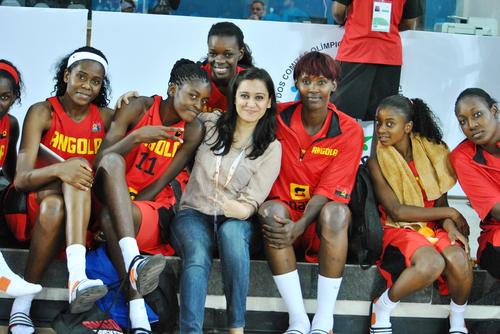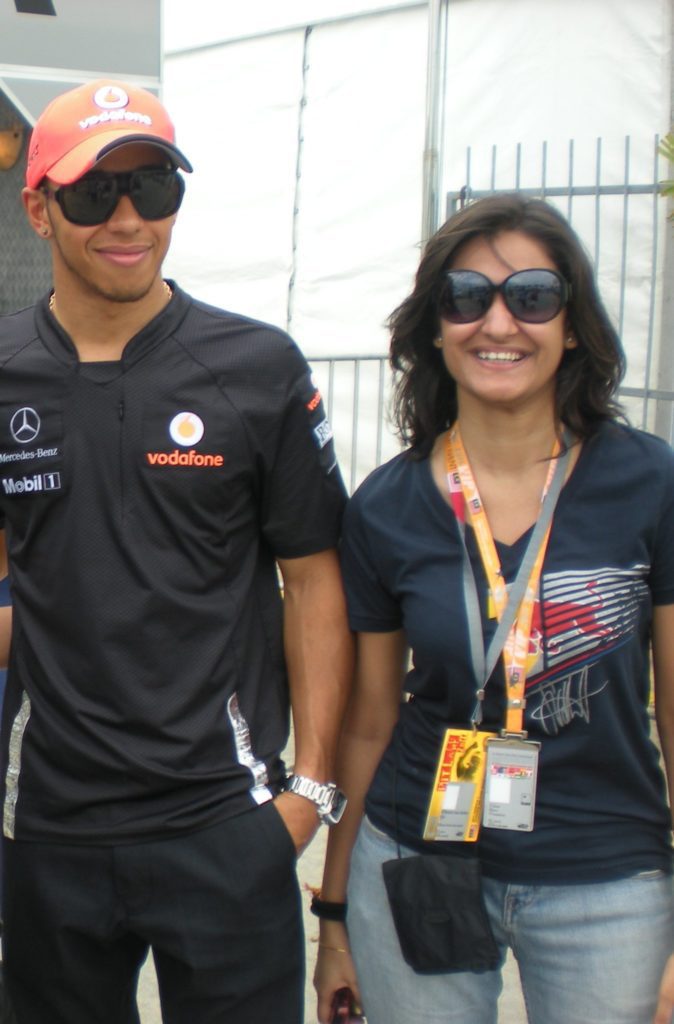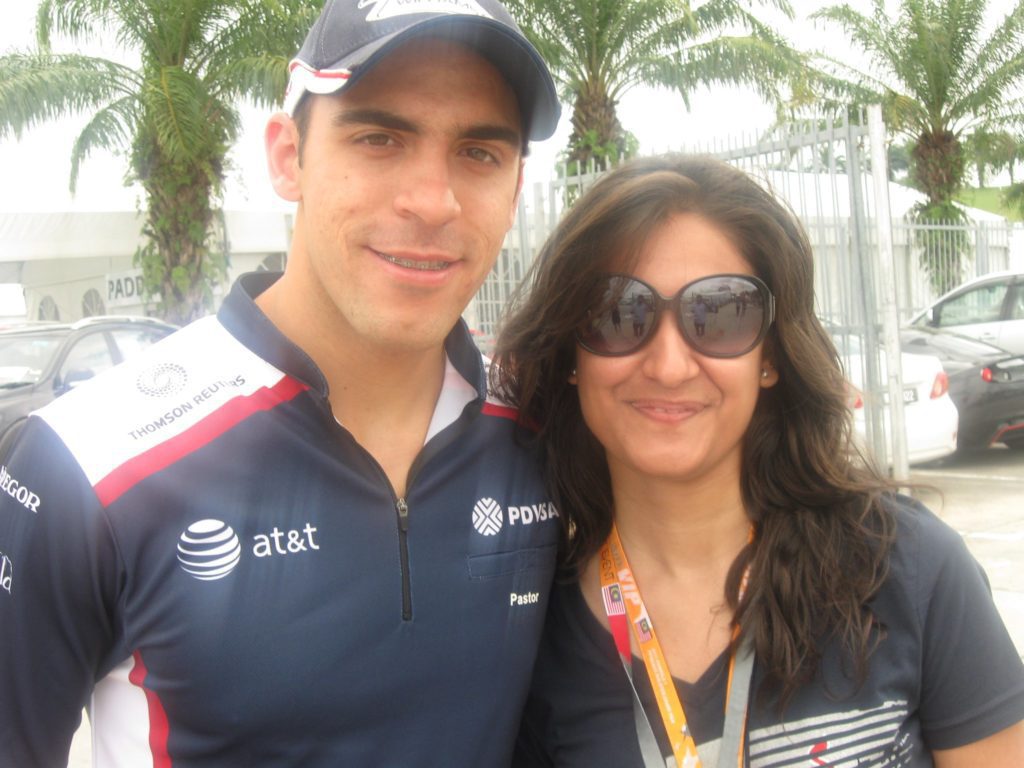Up until this summer, Richa Prabhakar worked for Cricket Canada as Marketing and Brand Manager. Beyond her role with Cricket Canada, Richa has left her mark on the sport industry across several countries. She’s previously worked for USPORTS, Lagardère Sports, Lusofonia Games, and Buddh International Circuit. For that reason, her story interested us.
Richa shares with us her range of sport experience, common challenges working in sport and journey being a global sport professional. Talking with Richa was incredibly helpful. Her wisdom on what a sport professional must do to stay relevant is something I feel almost anyone can benefit from reading.
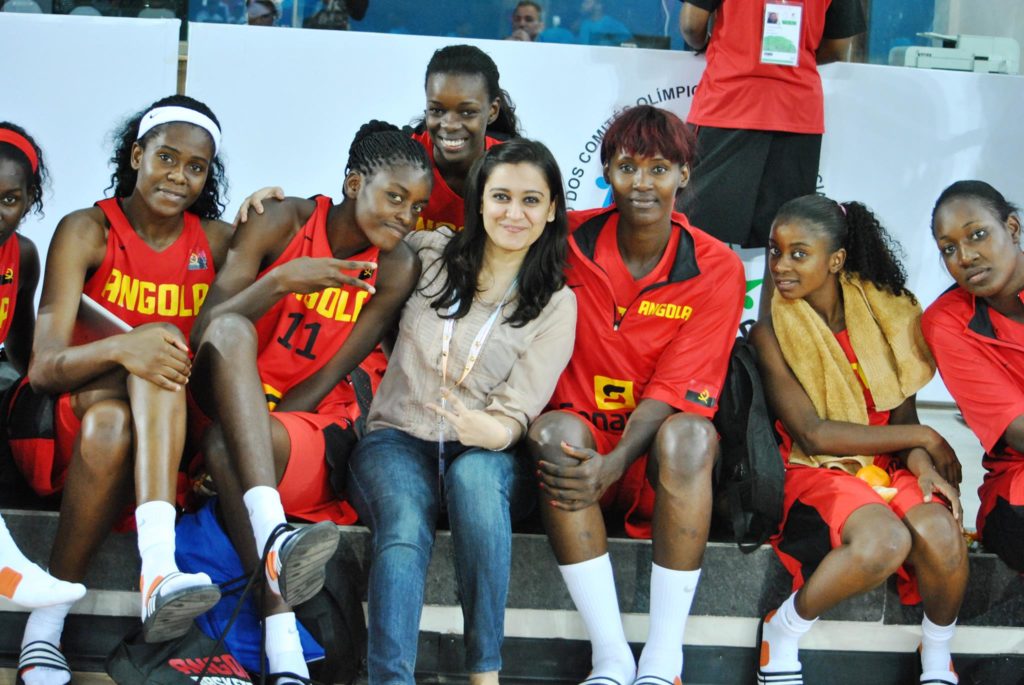
Tell us about your role as Marketing and Brand Manager at Cricket Canada?
I joined Cricket Canada about two years ago. After spending some time working with the Canadian Interuniversity Sports (CIS and now known as USPORTS), I joined Cricket Canada as Brand and Marketing Manager.
I’ve been actively enrolled in helping them form their brand guidelines and I believe all sport organization should have very rock-solid brand guidelines.
We did work a little bit on finalizing the brand guidelines for Global T20. From our work, the foundation was set for implementation.
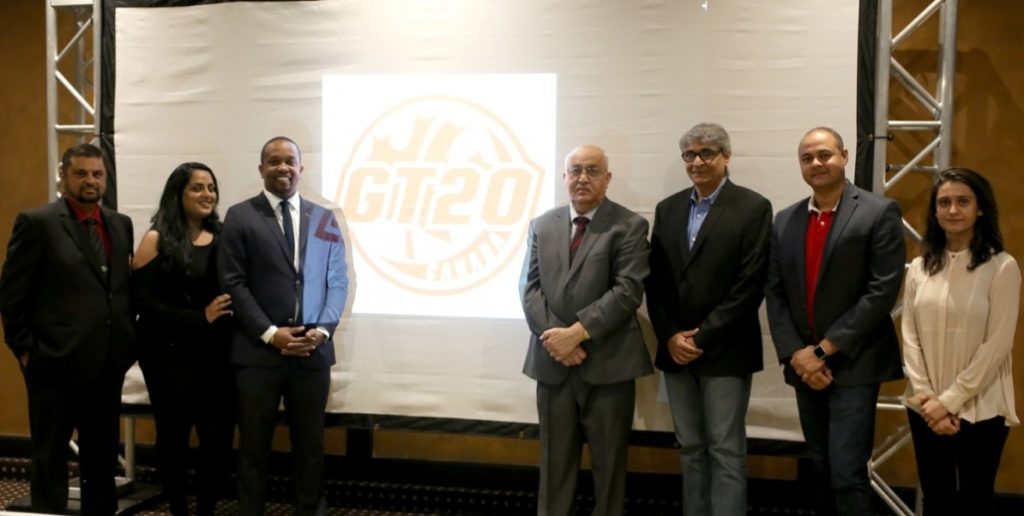
Later, I was involved in getting the national languages compliance for Cricket Canada. As per the rules of Sport Canada, every document and every official statement released by Cricket Canada had to be bilingual: in French and English.
Also, I’ve been actively involved in planning and executing some of the basic design and merchandise for Cricket Canada. This includes commercial clothing for officials, guests and delegates from all the Provincial Sport Organizations (PSOs) of Cricket Canada.
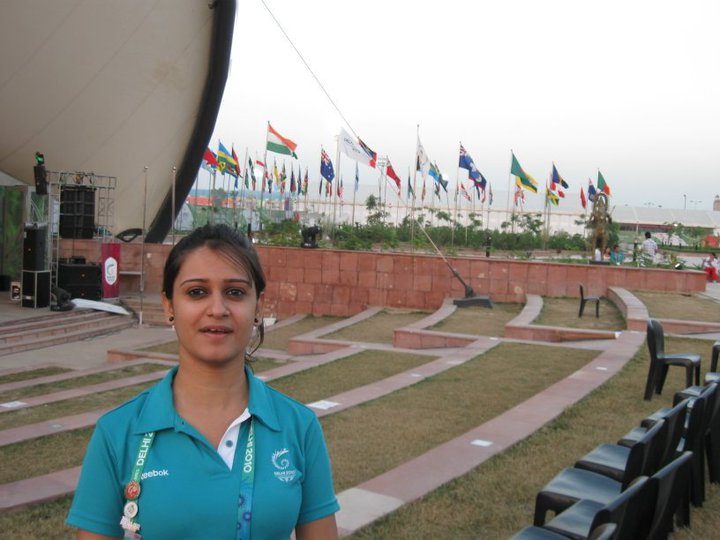
When did you realize that you wanted a career in sports?
I wanted to do something for a noble cause back in high school. I started working with a Non-Governmental Organization (NGO). Around that time, I’d listen to religious and spiritual ‘gurus’ talking about the importance of working for a cause. It gave me validation to achieve my goals.

Shortly after, I got an opportunity to work with the Commonwealth Games in 2010, because they were happening for the first time in India.
That’s the time I started to think that a career in sport is my best pathway. In India, Sport Management was not as popular back then, but over the years, it’s grown a lot.
I’ve been very fortunate to work for many large sport organizations so far in my career. Formula One is one of my favourites so far.
Also, Lagardѐre Sports. They are one of the largest Sport Management companies in the world. So, that’s how my career in sport began.
What does a typical day on the job look like for you?
It really depends! Every day is different and what that day looks like varies from one sport organization to another. Some organizations work on a project-based and some otherwise. Let me explain.
Project Basis
When I was working for Lagardѐre, days varied depending on the project we were working on. We had clients such as FIFA (under seventeen), Indian Super League, PGA, and Cricket World Cup, just to name a few.
So, in project-based sport organizations, the day-to-day varies. You go into each say with an agenda of, “Okay, this is my project and here’s what my client wants.” One day you may do the work of an operations manager (implementation) and the next day you may play the role of a consultant.
Overall Development Basis
But in a non-profit organization, such as Cricket Canada, the focus is longer-term goals.
National Sport Organizations (NSOs) typically have a history, with a strong foundation and presence in Canada. There’s a lot of interests at play too, including communities, coaches and players that rely on Cricket Canada. We focused a lot on player development and long-term goals as well.
With all the being said, you must be flexible working in the sport industry. And depending on what kind of sport organization you work for; flexibility takes different shapes.
You’ve worked in so many sports across the world, from Formula One to the Lusophony Games, to soccer/football, to martial arts, to cricket. Tell us all about it. Do you have a favourite?
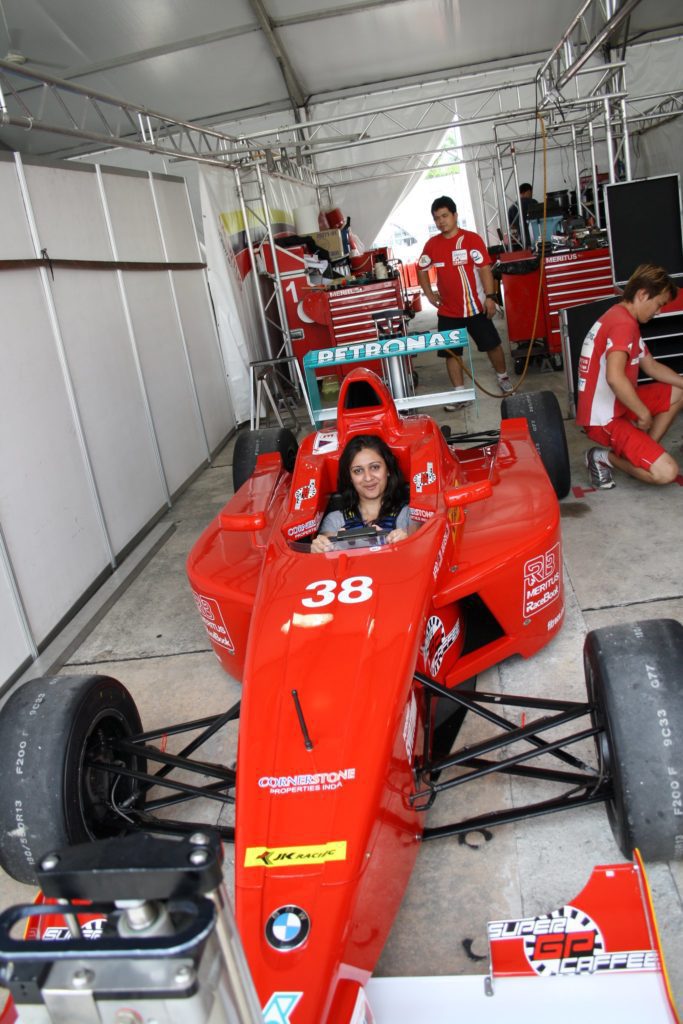
Over the years, the area that I have developed a keen interest in is called “athlete development”. I think it forms the basis for sport in society. It’s about promoting the idea of fitness and of major overall health in the community. So, if I am making a difference in developing athletes, directly and indirectly by what I do in my roles, I am happy. Regardless of the sport.
If I had to choose one sport as a favourite, it’s soccer. I’ve had some great experiences working for sport organizations involved soccer in some way or another. On top of that, I love how soccer is a ground-up sport. Soccer starts with grassroots development, continues with development and can eventually lead to tangible success.
What are some of the biggest challenges you’ve faced in your sports industry career so far?
For every business organization, meeting deadlines is extremely important. But when it comes to sport organizations, in particular, meeting deadlines is inevitable.
Not only is meeting deadlines important in sport, so is being aware of time. When we make event schedules [for soccer], we make them according to time. For example, we will list out what will be happening 30 minutes to kick-off, 40 minutes to kick-off, halftime, etc.
In sporting events, there are rigid timelines, and I think that’s the biggest challenge. If you miss a timeline, it could have a huge impact on the sport event. You may have a little bit of wiggle room working for regular business. But not in sport. I think that’s the biggest challenge for any sport professional. However, having experience helps you to learn how to be more rigid in meeting deadlines and being precise with all timelines.
What would you list as some of your greatest accomplishments in the sport industry?
I don’t think that I’ve achieved everything I want to in my sport career yet. I look forward to doing and learning more.
Working for events on a multinational level and large scale has been a dream come true.
One of the events I really enjoyed was the Cricket World Cup in New Zealand/Australia. The whole aura in the stadium, jam-packed with roaring fans, and victory moments, and whole stadium feeling was special.
It’s a wonderful feeling that sport professionals get seeing an event in action that you’ve put a lot of hard work into planning.
You dream of the event day a hundred times before and when your dream becomes a reality, it’s surreal.
What are the main areas of personal development aspiring sport professionals should focus on and why?
1 Experience
Saying, “Okay, we’ve done this, and I’m experienced in this and I don’t have any other areas to learn anymore” is the wrong approach.
2 Strive For Perfection
I think the golden words ‘striving for perfection’ should be something that all the sporting professional in this industry should look up to.
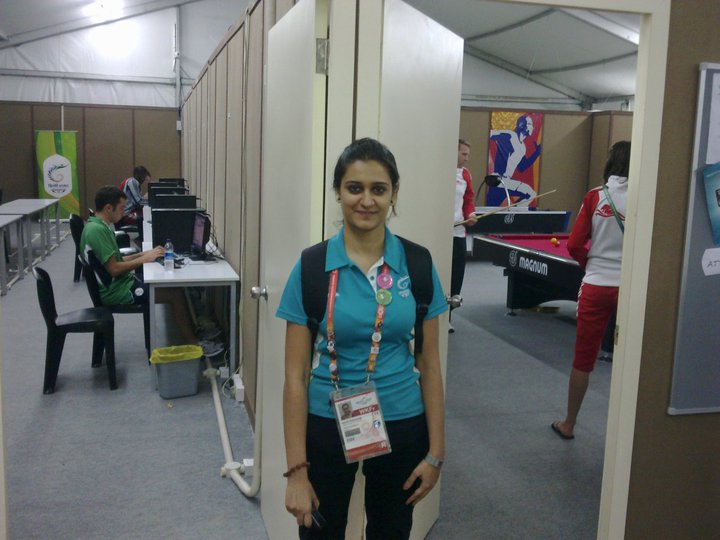
3 Expand Your Range
This is not an industry where you can say, “Okay, I’m very good at this, and I don’t know anything about that.” I believe that sport professionals should strive, each day, to learn more about all of the other departments. They shouldn’t just focus on one aspect of sport. Knowing as much as they can about all parts of the sport industry is a great idea.
An event is more like working for one big family, working on one goal. I think to achieve that goal, especially in sport, with a mindset of having to gain knowledge in all the areas in important. After all, you’ll be surprised. Your widespread knowledge will come in handy. You’ll see!
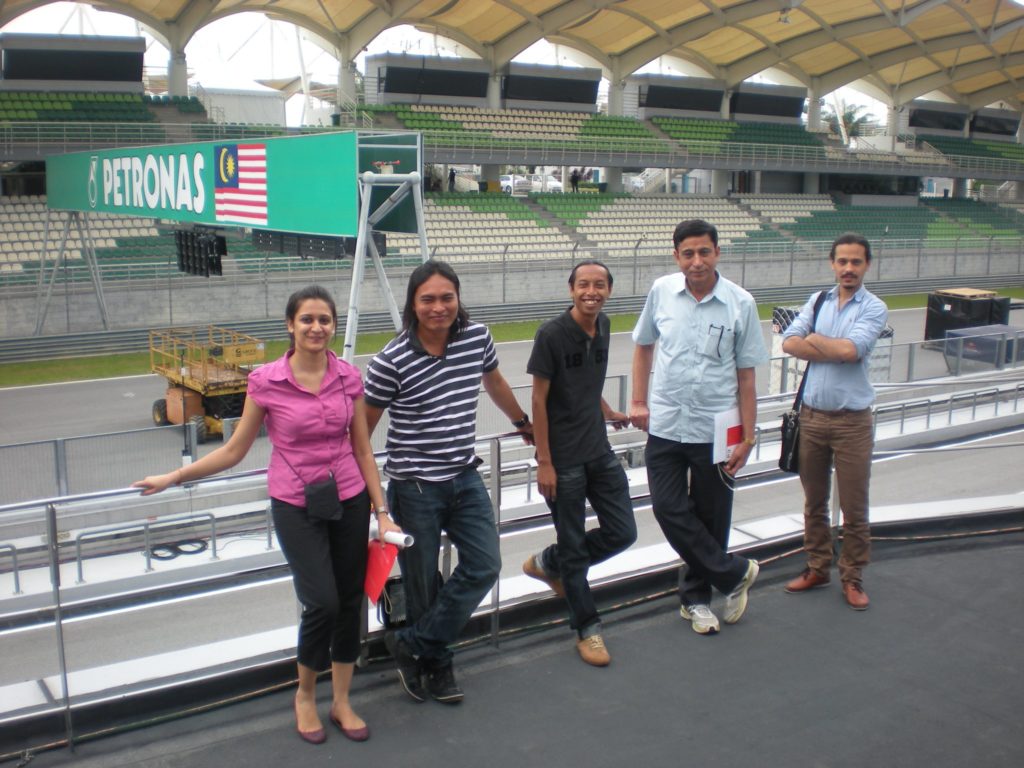
Who do you think we should interview next for SPMA?
Any individuals working for Cricket Canada would be great, especially those I’ve worked within the past. Most of the board members work hard and are very knowledgeable. They’ve seen the ups and downs of Cricket Canada and have been with the organization for such a long time.
You should interview Mr. Ranjit Saini – President & Chairman of the Board at Cricket Canada first. He’s reachable, frank and interesting. I think he deserves an interview!
Interview by David Minor
Posted August 6, 2019 in Industry Profiles

